It’s getting harder and harder to stay distinct and competitive in the consumer goods industry, as everyone is pivoting to increased brand management and virtual storefronts. And there’s a slew of cloud solutions all designed to help senior leaders in consumer goods drive more connected experiences and strategic B2B promotions, like the suite of powerful sales products from Salesforce. But before any consumer goods organization can start realizing these benefits, they must have something else mastered first: confident adoption and utilization of the tools by their staff. And, certainly, this is no small task.
CIOs in the consumer goods industry must lead the charge toward complete digital adoption in their organizations. And there are three foundational pieces of knowledge that can help guide these leaders through the challenge: composable business, realizing that overcoming industry limits is possible, and the importance of multidisciplinary teams.
A composable business model encourages adoption
The newly urgent need for more agile and resilient business models has led many organizations to become what Gartner has dubbed “composable.” This means organizations are building out their thinking, business structures, and technologies all as a series of “interchangeable building blocks.” It’s an approach that stresses modularity, discovery, autonomy, and orchestration as the key principles for preparing your organization to face anything in the future with a flexible model already in place.
Consumer goods organizations, especially, need this model to survive ongoing supply chain disruptions, rapidly changing consumer expectations, and a reinvention of what it means to be a successful brand in the industry. With a composable business model, your organization is fostering both the creativity and agility to pivot quickly and securely as changes arise. This flexibility in turn promotes faster adoption of the technologies you’ll need in the future to stay competitive.
Industry limitations can be overcome to expand adoption
Historically, consumer goods teams have struggled to seamlessly connect marketing data with sales and supply chain management in order to prove ROI on marketing spend, as well as the ongoing challenge of managing budget spend for trade promotions (B2B) versus advertising (B2C). A cloud platform that effectively addresses these sorts of pain points, however, will gain a more eager following and faster adoption. Fortunately, conquering these traditional industry limitations is exactly what Salesforce is designed to do.
The built-in integration options between Salesforce’s Sales, Commerce, and Marketing clouds eliminate the need for consumer goods leaders to manually connect the dots between marketing spend and sales. Both budgets and ROIs for B2B and B2C outreach efforts can be effectively managed and tracked within the Salesforce platform with dedicated functionality for both businesses approaches.
Multidisciplinary teams secure technology investments
Finally, creating teams that are comprised of multiple business functions and expertise areas is a proven way to secure your digital transformation investments. Sometimes referred to as “fusion teams,” these are talent groups that aren’t organized solely by one business function but rather seek out members of various business practice areas to collectively be responsible for delivery. This often means blending technical skills with analytical skills with business domain experts, and so on.
Gartner has found that digital transformation efforts and the technology adoptions associated with fusion teams progress at a 2.5x faster rate than traditional approaches. It’s a way to promote more technology governance across all units (not just IT) and eliminate knowledge silos that often crop up in less agile methods. CIOs in consumer goods should look to establish these multidisciplinary teams from the start of any technology adoption effort to connect the priorities of different departments throughout adoption.
No matter where you’re at with digital adoption as a retail and consumer goods organization, Simplus can help. We’ve guided companies through the best-in-class cloud solutions for commerce management and next-gen customer engagement. Contact us today.


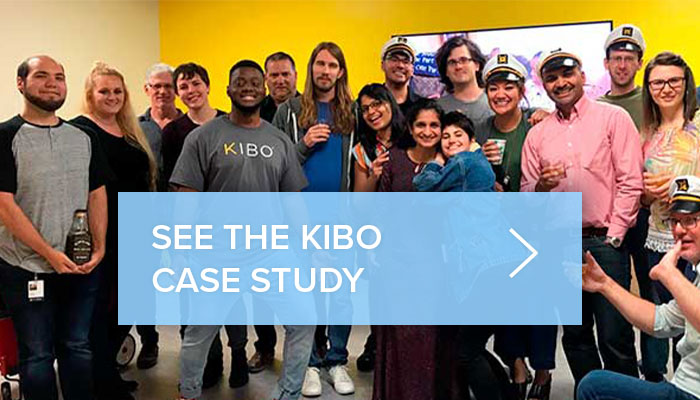



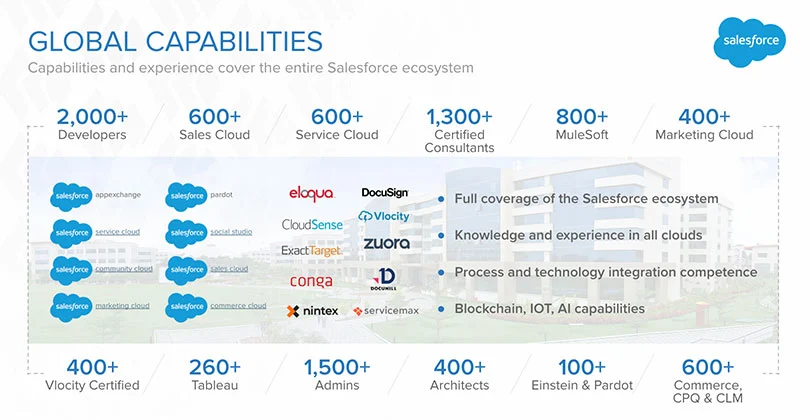
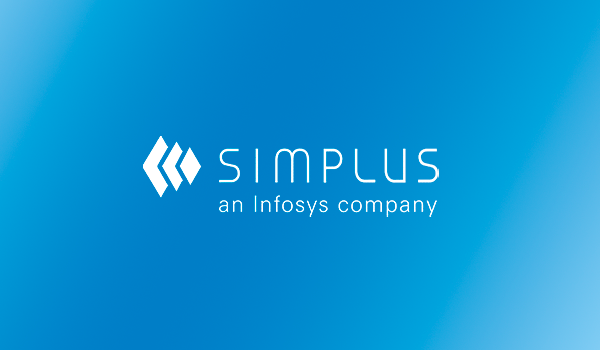

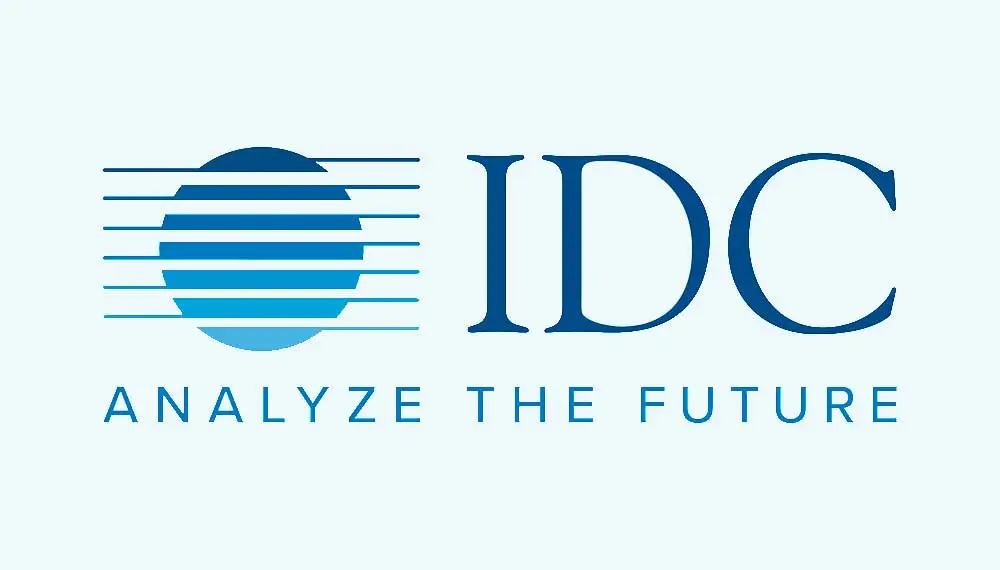





















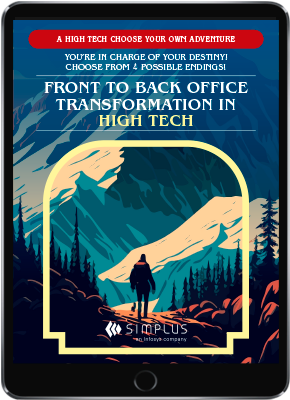
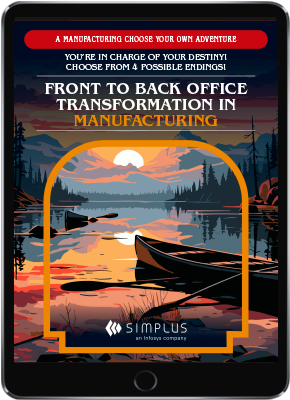
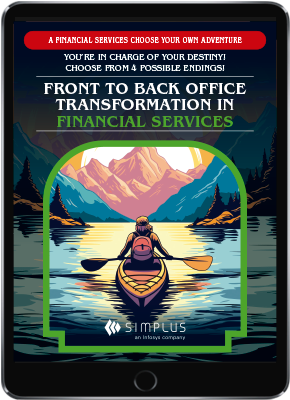




















0 Comments